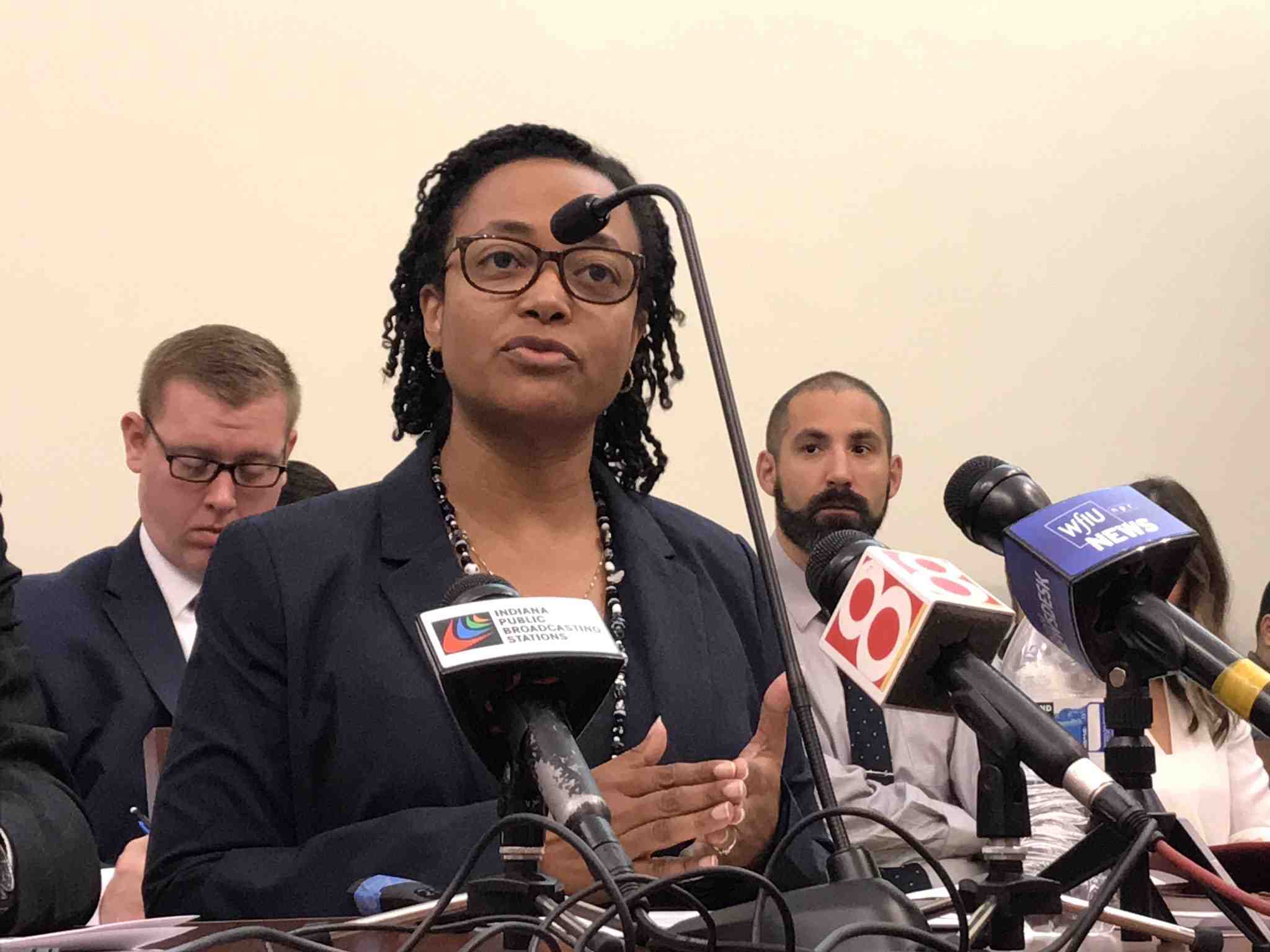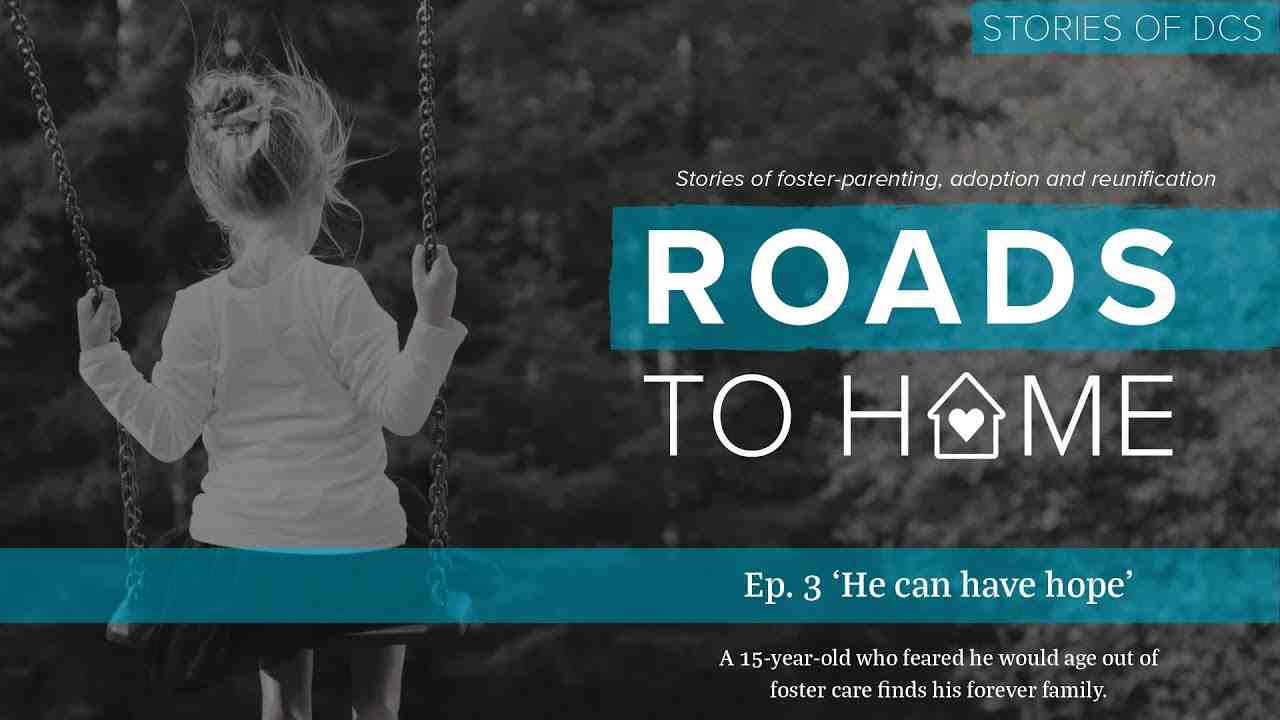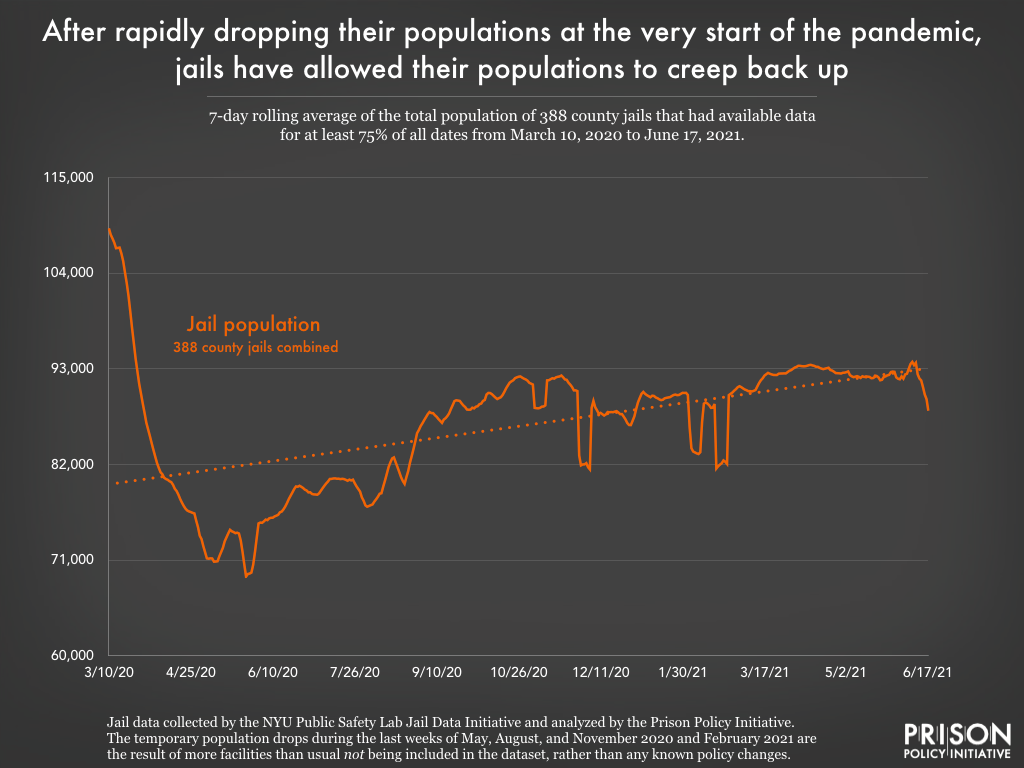Children in foster care don’t always get an attorney in Indiana. That could change.
A bill before Indiana lawmakers could require juvenile judges to appoint lawyers for children in the care system.
Senate Bill 180 would require a judge to appoint a lawyer to represent cases involving children in need of services (CHINS) and termination of custody (TPR). Currently, a judge can choose whether he wants to appoint a lawyer to represent a child in these cases.
“When you think of a child in the welfare system and their cause, they are really the only ones in Indiana who do not have representation,” said the bill’s author, State Senator Jon Ford (R-Terre Haute), to the Senate Committee on Family and Child Services 10 January.
CRT in schools: ‘Divisive concepts’ in Indiana anti-critical race theory law found in 26 states
A 2019 study by the Children’s Advocacy Institute at the University of San Diego School of Law ranked Indiana number 51 in the country – behind all other states and the District of Columbia – for its systems that provide legal representation to abused and neglected children.
Hoosier children have access to court-appointed special lawyers and auxiliary guardians, who are there to serve as their adult eyes and ears in court and sometimes, but not always, are trained lawyers. CASAs and GALs are intended to act in the best interests of the child, but not as their legal representation.
Andrea Marsh, a lawyer who has practiced TPR and family law for over a decade, testified before the committee in support of the law, saying it is “the right thing to do” to give children access to a lawyer.
“The essence of fair trial is fundamental justice,” Marsh said, “and I think it’s fundamentally unfair that Indiana does not guarantee children in CHINS cases access to their own knowledgeable and skilled attorneys.”
How SB 180 could affect Indiana’s foster youth

Maggie Stevens, president and CEO of Foster Success, which advocates for and provides services to Hoosier foster children aged 14 and older, said a legal representation can make it easier for a child to navigate the court. To see also : How much money do you need to live comfortably in Indiana?. Lawyers can also do things that a non-lawyer CASA or GAL cannot, such as filing petitions on behalf of the child.
Young people served by the agency have shared cases where their caseworker did not share with them that there was a hearing, or others where they have been required to testify against family, biological or foster families, in open court. In that case, Stevens said, a lawyer would be able to request a private hearing or a closed chamber to give the young person an extra layer of security.
“Because, as they have shared with us, they can say something about a foster family in a courtroom, and depending on the outcome turn around and have to go home with the same foster family,” Stevens said, “which may have some unfortunate follows.”
Joshua Oswald, 24, was in the care system for most of his life and lived on 18 placements during that time, he said. When he was relocated across the state, he lacked consistency in his representation, and even though he had advocates for the best interests, he did not always have anyone who took steps to help him plan his future.
“I do not think the team was equipped to do everything it needed to make sure my voice was heard,” he said.
It is important to empower a child, he said, especially in a system where they may feel that they have lost much of their agency.
“I think we have to stop doing too, and we have to do with young people,” Oswald said, “because that’s the only way we really want a system that is centered around a young person and aimed at a child and a family. – to be system. “
Logistical challenges raise questions

The program’s logistics – finding enough attorneys to represent these children and get them trained and paid for – have been another source of concern. Read also : Indiana getting $184.4 million for home energy assistance.
Judge Faith Graham of Tippecanoe County testified before the committee on Jan. 10 that it has been challenging enough to build his county’s team on six youth defenders.
“If I were to try to get more lawyers to represent children,” Graham said, “it would be almost impossible to fulfill that capacity right now.”
A fiscal impact statement attached to the bill estimates it could cost the state between $ 9.8 million and $ 13.3 million each year beginning in 2023.
Another problem is potential duplication of effort, said leaders at Kids’ Voice, the agency that provides court-appointed legal services to Marion County youth. While an older child may have the capacity to lead a lawyer, younger children – many of whom are served by Kids’ Voice are 3 years and under – do not, said Katie Kelsey, the agency’s chief legal officer.
“So you’re talking about advocacy for the best interest there,” Kelsey said, “and that’s at least what a guardian and CASA do.”
Lindsay Scott, the agency’s president and chief executive, said a summer session committee would be best placed to give the bill a closer look and give lawmakers more time to elaborate.
“Because there is Marion County, but then there are all the other counties in Indiana, and they all have very specific needs, so you have the child who has very specific needs,” Scott said. “Indiana has the chance to be a leader in some best practices here, but we need to take the time to really dive into what they are and what they look like?”
The bill must be submitted to the grant committee at 9.00 on 20 January.
You can contact IndyStar reporter Holly Hays at holly.hays@indystar.com. Follow her on Twitter: @hollyvhays.
Yes, foster parents get paid every month. … Monthly scholarships given to foster parents are intended to help compensate for the cost of the basics: food, clothing, transportation, and daily needs. Each state has its own way of deciding what the scholarship will be, based on cost of living and other factors.
Is fostering a job?

Nursing is a full-time job. … So when people ask “can fetuses be a full-time job?” – the answer is quite clear, yes. On the same subject : David’s Cold Start to the Week. Nursing is a career, and often caregivers are reluctant to endanger the stability and security of the home they offer a foster child by being distracted by another job.
How much do you earn by caring? By raising a child continuously for a tax year, you can receive: A personal allowance of £ 11,000 plus a flat rate of £ 10,000. As well as a weekly tax relief of £ 200 per. week for each child under 11 years and £ 250 per. week for each child over 11 years.
Is fostering worth the money?
The short answer is â & # x20AC; & # x153; Becoming a foster family and taking care of a child who desperately needs you is its own reward, but there are also financial benefits. It is not the same as being employed outside the home, because as a foster parent, there is rarely time away from work.
How much do most foster parents get paid?
The basic rates for standard maintenance range from $ 450 to $ 700 per person. month depending on the age of the child. Annual clothing allowance is also age-dependent and is provided to foster parents in the amount of $ 300 to $ 500 per year.
How much do foster parents get paid a month UK?
All foster parents receive a care allowance to cover the costs of caring for a child. Minimum is usually between £ 134 and £ 235 per week.
Can you make a career out of fostering?
Yes â € “do not make mistakes, nursing is a career. Choosing care as a career allows you to work in a field where you can directly change a child’s life for the better. And for many people, care is life-changing not only for the child in care, but also for the caregiver.
Is fostering classed as a job?
Nursing is a full-time job. … So when people ask â € “can nursing be a full-time job? Â € â € â € œThe answer is quite clear, yes. Nursing is a career, and often caregivers are reluctant to endanger the stability and security of the home they offer a foster child by being distracted by another job.
How much do foster parents get paid a month UK?
All foster parents receive a care allowance to cover the costs of caring for a child. Minimum is usually between £ 134 and £ 235 per week.
Are foster carers professionals?
Nursing staff are childcare experts who work as co-professionals in the team responsible for foster children and young people. They are trained, supervised and responsible like other professionals and in many cases know the children they care for better than any other professional.
Is fostering classed as an income?
Yes. All foster families are classified as self-employed by the Ministry of Taxation, and you must therefore register with them as a self-employed person, regardless of your type of care and the level of your care income. … You can sign up as a freelancer online or an accountant will be able to help you with this process.
Do foster parents make money?
Therefore, foster parents do not receive an income or “payslips.” Foster parents, however, receive a scholarship for room, food and daily things. “Professional” foster parents are considering fostering a job, and one parent must be at home full-time because of the intense behavioral needs of the children in their care.
Do foster parents make good money?
The state of California pays foster parents on average between $ 1,000 to $ 2,609 a month to help with the cost of caring for the child. It is one of the highest paying states in the nation in this regard. This number is for each child you bring into your home.
How much do foster parents get paid per child?
Payment overview Care agencies also pay nursing staff a professional fee. The fee is an income payment for the foster family. The surcharge and fee is on average a total weekly minimum payment of £ 450 for each child.
How much do most foster parents get paid?
The basic rates for standard maintenance range from $ 450 to $ 700 per person. month depending on the age of the child. Annual clothing allowance is also age-dependent and is provided to foster parents in the amount of $ 300 to $ 500 per year.
Can I get a bigger house to foster?

To be able to care, you need an extra bedroom. … But in most cases, no, it will probably not be possible for you to get a bigger house to become a foster parent. There may be rare exceptions, but you are unlikely to get help moving into a larger property before being approved as a foster family.
Can a foster child sleep in the living room? The foster children can also not sleep in living rooms, kitchens, bathrooms, basements, garages, sheds, closets, unfinished ceilings, stairwells and hallways. Every foster child needs their own mattresses, pillows, bedding and blankets for their bed.
Can you foster if you don’t have a spare room?
Most care services require that you have an extra bedroom to ensure that the child you are caring for has the privacy and space they need. The exception is babies, who can usually share a caregiver’s bedroom up to a certain age (usually around 12-18 months).
What disqualifies you from fostering?
At the national level, care applicants will be rejected if they have a history of serious child abuse or neglect, spousal abuse or crimes against children. Violent crimes such as rape, sexual assault and murder will also be automatically disqualifying.
Does a foster child need their own room?
Housing requirements for foster children Every child over the age of three (including birth children) must have their own bedroom, or if this is not possible, each child who shares a room must have their own area in the bedroom.
Can you foster If you rent a house?
Can I care if I rent my home? In short, yes. You do not have to own your home to care for a child, and many of our foster families are tenants rather than homeowners. … And secondly, every child you care for must have their own bedroom – so it may not be possible to care if, for example, you live in a one-bedroom apartment.
How much does a foster carer get paid a week?
For foster families working with an independent care agency, the allowance and the fee are determined by the individual body. The total payment may depend on age and level of care, but is a minimum average of £ 450 per week per person. placed child rising to £ 1000 for specialist placements like Mother and Baby.
Can you be a foster parent in a rented house?
As long as you have the essential characteristics of becoming a foster parent â € “such as patience, understanding, compassion and a desire to help change a young personâ € TMs life â €“ renting a property will not affect your foster care.
Do I need my own house to foster?
You do not have to own your own home or have a vacant room to care for. … If you still own your own house, your home will be an important part of your assessment. Your house must be kept to a good standard in order to accommodate children and young people with appropriate protective measures in place.
Will the council give me a bigger house so I can foster?
Frustratingly, the answer is: it can depend. But in most cases, no, it will probably not be possible for you to get a bigger house to become a foster parent. There may be rare exceptions, but you are unlikely to get help moving into a larger property before being approved as a foster family.
Is it better to foster through council or agency?
Historically, the age of children cared for by private care agencies has been higher than at the council. This is because local authorities have a harder time finding homes for older children compared to babies or toddlers.
Do I need my own house to foster?
You do not have to own your own home or have a vacant room to care for. … If you still own your own house, your home will be an important part of your assessment. Your house must be kept to a good standard in order to accommodate children and young people with appropriate protective measures in place.
What disqualifies you from being a foster parent UK?
A person is disqualified from acting as a foster family for the local authority (unless a relative of the child or already acting as a caregiver) if he / she or an adult member of the household has been warned of or convicted of an offense involving a child violence or bodily harm (other than ordinary …
Do you get money for adopting a child?

While adoptive parents can get adoption allowance or reimbursement for adoption from foster family, it does not mean that they get a paycheck out of it. Any assistance they receive from the government or the state is non-taxable income intended to supplement the expenses of a child’s needs after adoption.
Do adoptive parents get paid every month? In California, the state prescribes a monthly minimum payment, but agencies can provide higher than the minimum payment. Talk to a foster family agency to learn more about what your nursing home allowances can be. Hopefully this payment will help make the foster family a little less stressful for you and your family.
When you adopt a kid do you get money?
Parents can be reimbursed up to $ 400 per person. child for eligible adoption costs, such as reasonable and necessary adoption fees, legal costs, attorneys’ fees, and other expenses directly related to the legal adoption of the child. Families must apply for this refund before adoption.
Do you get paid if you adopt a child?
Adoption salary and leave Adoption salary corresponds to 90% of your salary for the first six weeks’ salary. The remaining 33 weeks are paid at £ 139.58 per week or 90% of your average weekly gross earnings (whichever is lower). If you are in a couple and both work, you can also share parental leave and salary.
Do you get a check for being adopted?
Can an adopted child receive social benefits from their adoptive parents? You are legally attached to your adoptive parents, but not to your born / biological parents. So you are entitled to receive social benefits from your adoptive parents, but typically not from your birth parents.
Do adoptive parents get checks?
The California State Legislature created the Adoption Assistance Program with the intent of providing the security and stability of a permanent home through adoption. AAP-eligible children can receive federally funded benefits or non-federally funded benefits according to state guidelines.
Do foster carers pay tax?
Tax and care pay In general, the salary of the care staff is not subject to income tax. Nurses are considered self-employed for tax purposes.
How much tax do I pay as a foster family? Should foster families pay taxes? It will depend on a number of factors, including the total amount of care benefits you receive and whether you have taxable income from another source such as work or pension. However, most foster families do not pay tax on their care services.
Do foster carers get taxed?
All foster families are treated as self-employed for tax purposes. There is a specific tax scheme that foster families can use, called Qualifying Care Facilitation. … For many foster families, their total care benefits are below their tax threshold and they do not have to pay taxes.
How much tax does a foster carer pay?
Nurses are usually exempt from paying income tax on the care benefit thanks to Qualifying Nursing Assistance, also known as Foster Care Relief.
Does fostering money count as income?
As a foster family, you may be entitled to benefits and tax deductions. The allowances and fees (if you receive one) that you receive from care are usually completely disregarded as income, or only taxable profits from your care are taken into account when calculating your right to benefits.
Is fostering Income Tax free?
However, most foster families do not pay tax on their care services. … Nurses can use a tax scheme called Qualifying Care Relief (QCR). This scheme provides a tax-free amount to be deducted from your total care benefits to find out if you have to pay tax on your care income.
Is fostering tax free UK?
Tax schemes when you care When you start caring, you must register as self-employed and submit a tax return. You will also be eligible for qualifying care relief, which means you will: earn £ 10,000 on care before you have to pay tax. get tax breaks for every week you care for a child.
Do you pay tax on fostering income?
Nurses are usually exempt from paying income tax on the care benefit thanks to Qualifying Nursing Assistance, also known as Foster Care Relief.
Do you get a tax break for fostering a child?
Yes – there are two tax breaks specifically for foster parents. … The money is for the care of the foster child and does not just go into the pocket as other income would. Second, you may be able to deduct your non-refundable care expenses as a charity donation if you specify deductions.
Is foster care income taxable UK?
However, most foster families do not pay tax on their care services. All foster families must register with HM Revenue and Customs and complete an annual tax return, even if you do not have to pay tax on your care payments. Nurses can use a tax scheme called Qualifying Care Relief (QCR).





Comments are closed.